Clean Up Immediately
The standard routine: first prepare everything, then eat, then clean up. But this isn’t efficient for several reasons. Firstly, dealing with a mountain of dirty dishes and a stained countertop at once is harder than tackling these issues one by one. Secondly, cleaning dried-on food remnants is more difficult. Therefore, make it a strict rule to wash and wipe everything you dirty during cooking. This is quite feasible, especially with practice. Plus, there are always “breather” moments during cooking: while the dough is being whipped, the onions are frying, the water is boiling.
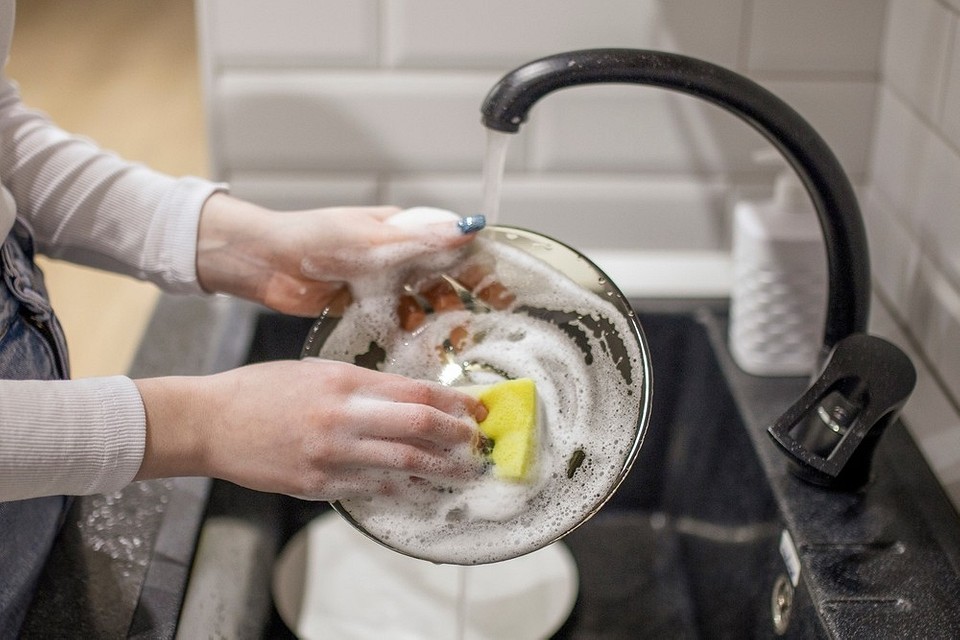
Think Through Storage Systems
The golden principle of order in any room (and the kitchen is no exception): it should be easier to put something away than to take it out. If jars of spices are packed tightly in three rows on a shelf, the one at the very back will most likely end up on the countertop. And so it goes with many small items that eventually lead to clutter. Therefore, consider open and closed kitchen storage so that any item is easy to take and put back in place.
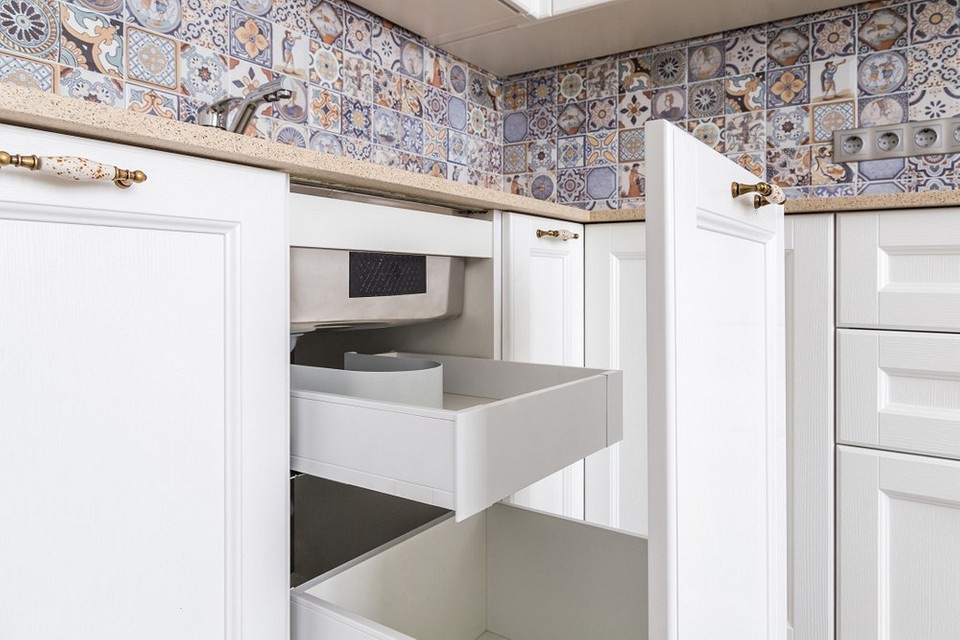
Use Towels and Wipes
Doing a full-scale countertop cleaning and dishwashing isn’t always convenient or efficient. A roll of paper towels comes in handy when you need to quickly dry a surface without leaving streaks, or brush away small debris. Also, keep a pack of wet cleaning wipes (even kitchen-specific ones) within easy reach. They are also suitable for dealing with local dirt, then just toss the wipe in the trash.
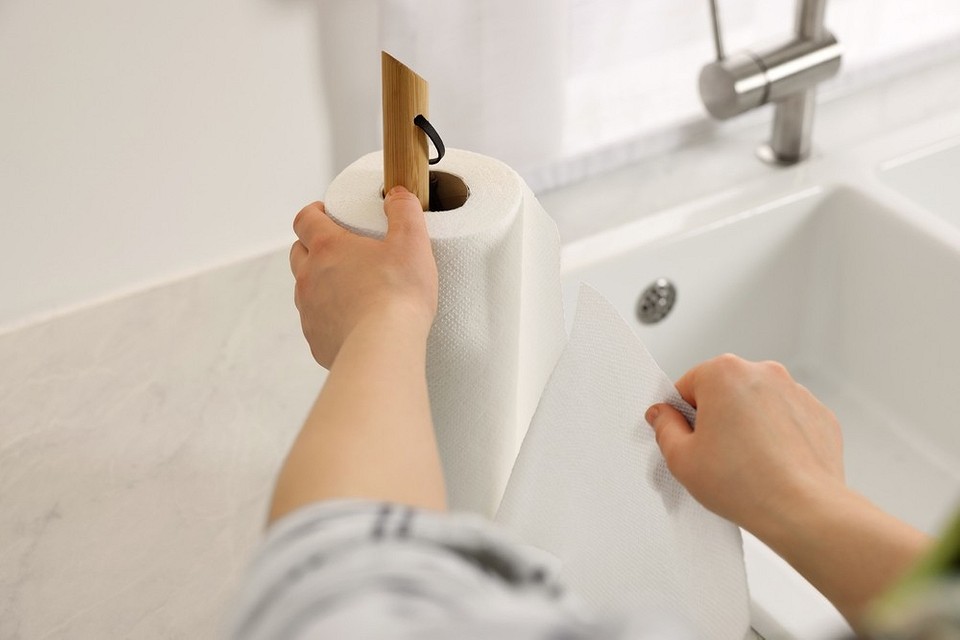
Keep All Cleaning Necessities at Hand
A thorough cleaning in the kitchen is still necessary, and often. It’s better if all the required cleaning agents and accessories are right there, within reach. Going to the bathroom or hallway for them is an added complication and a reason to postpone cleaning. So eliminate this problem before it arises.
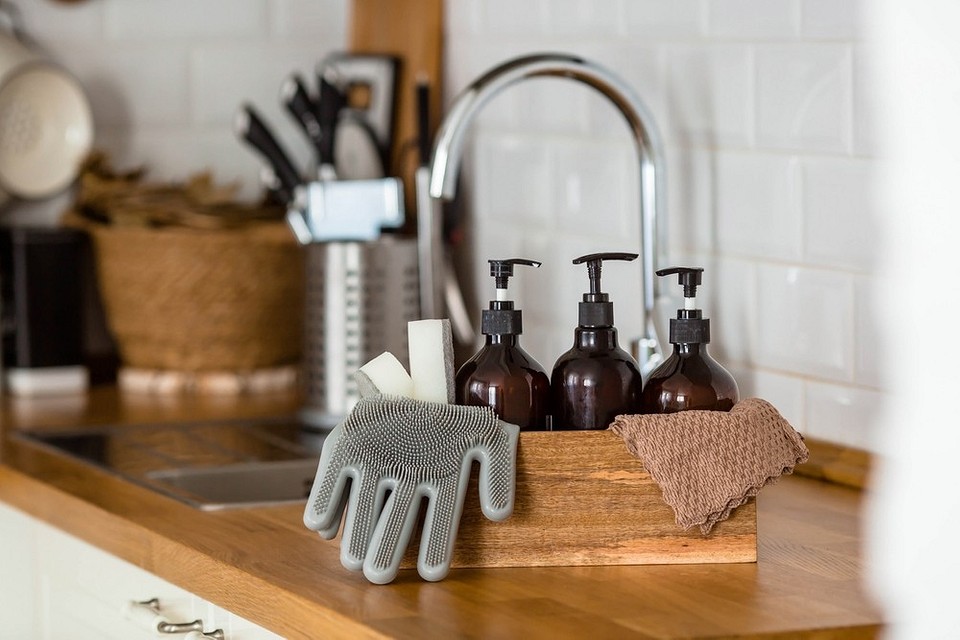
Make Cooking Neater
When we cook, splatters, oil drops, and grease accumulate on surfaces. This is normal, but the cooking process contributes the most to how quickly the kitchen gets dirty. So, try to minimize the “damage”: cover pots and pans with protective screens, set up a mobile splash guard around the stove, bake everything you can in foil to keep the oven cleaner.
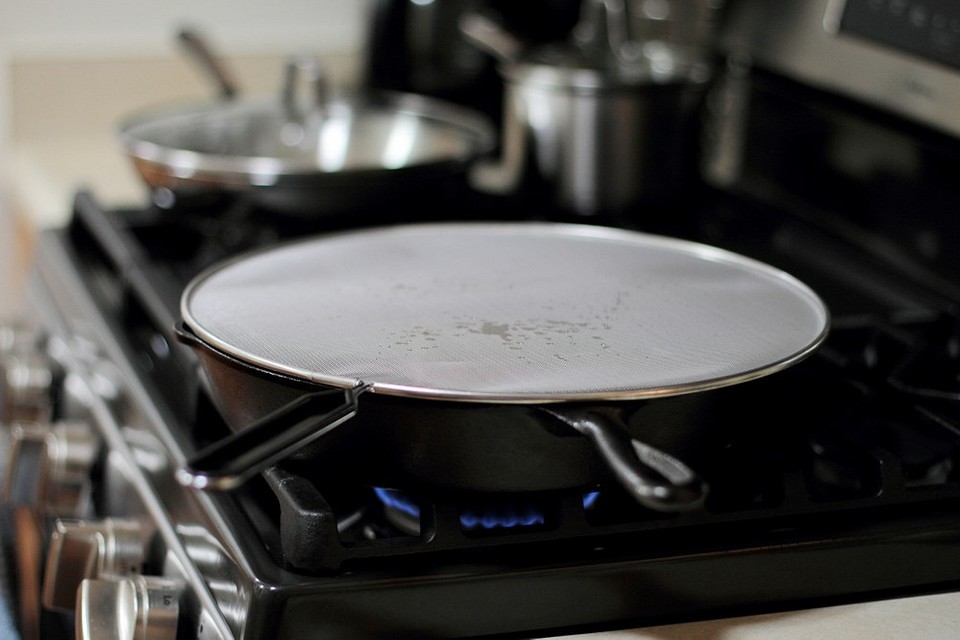
Check the Fridge
Even if you organize beautiful and convenient storage, some food items may still spoil. Especially if you put last bits into the fridge – they are often forgotten. So, do a check every few days. Make sure nothing has spoiled in the vegetable compartment, review the contents of pots and containers. Put items that are about to spoil and need to be eaten soon at the front, in a visible place.
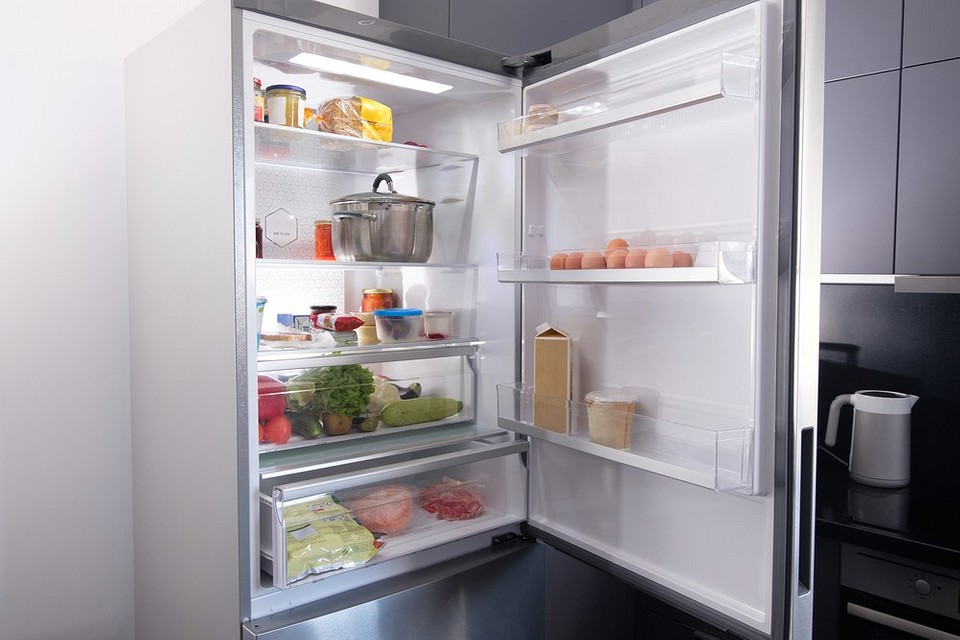
Get a Second Trash Bin
Since trash smells bad and can attract insects (especially in summer), it’s considered proper to take it out every day. But not everyone’s standard bin fills up that quickly. So, you can buy an additional container for trash or a plastic basket to which you can easily attach a bag. Place it near the sink or bring it out during cooking. Dispose of food waste, especially those with a strong smell, into it and empty it as it fills up. Keep the larger bin for packaging, bottles, non-perishable waste.
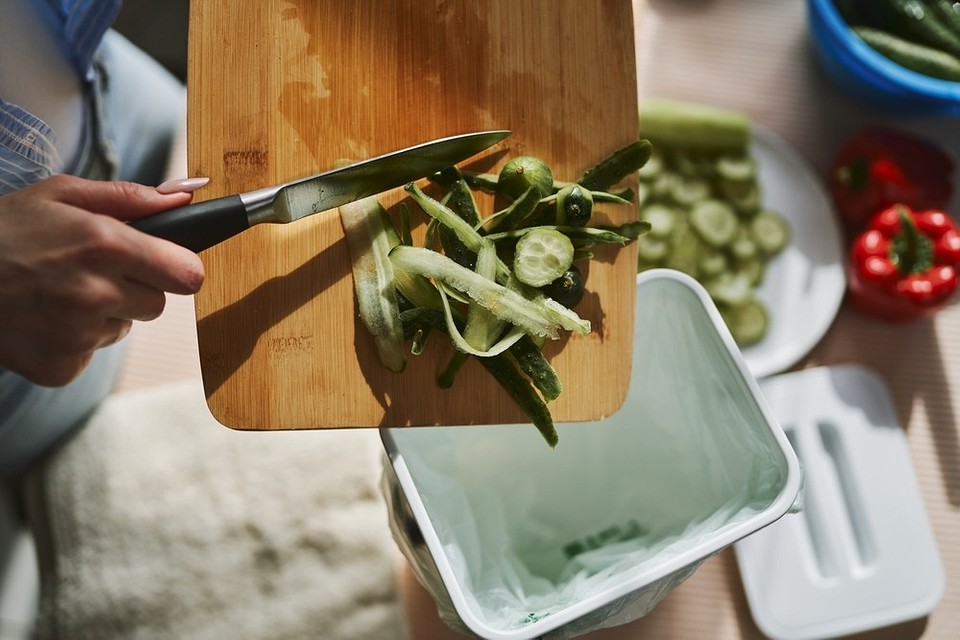
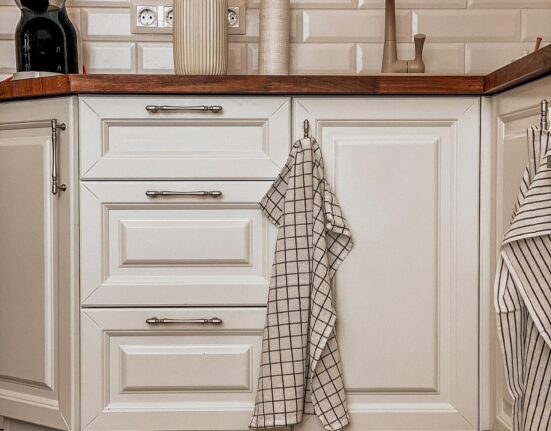


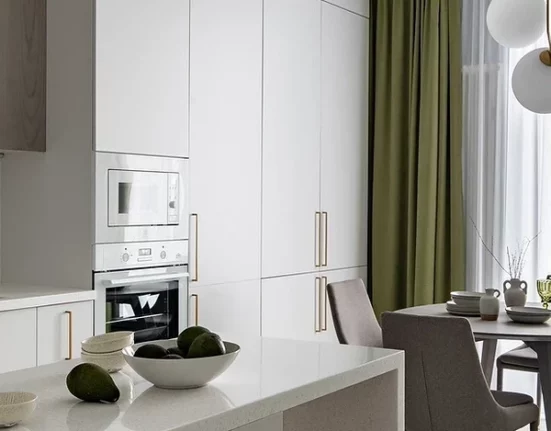


Leave feedback about this